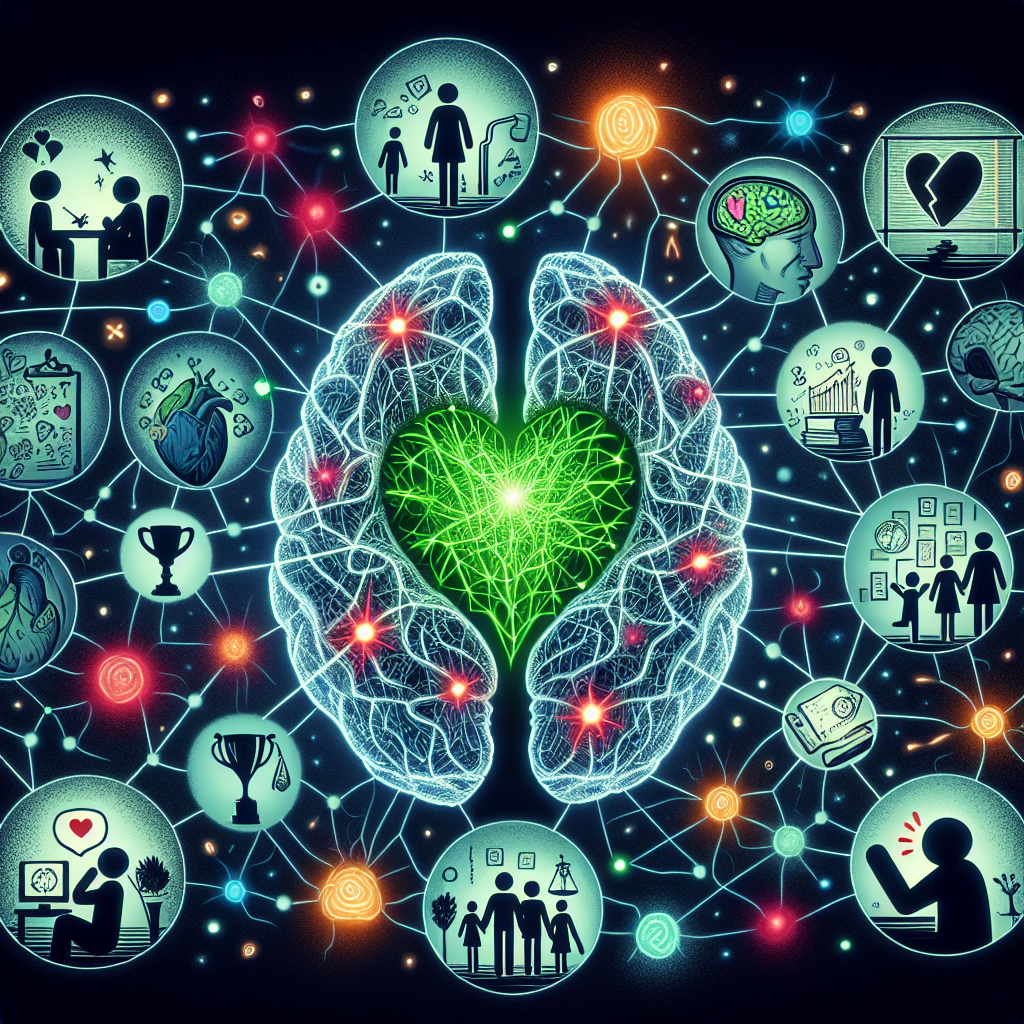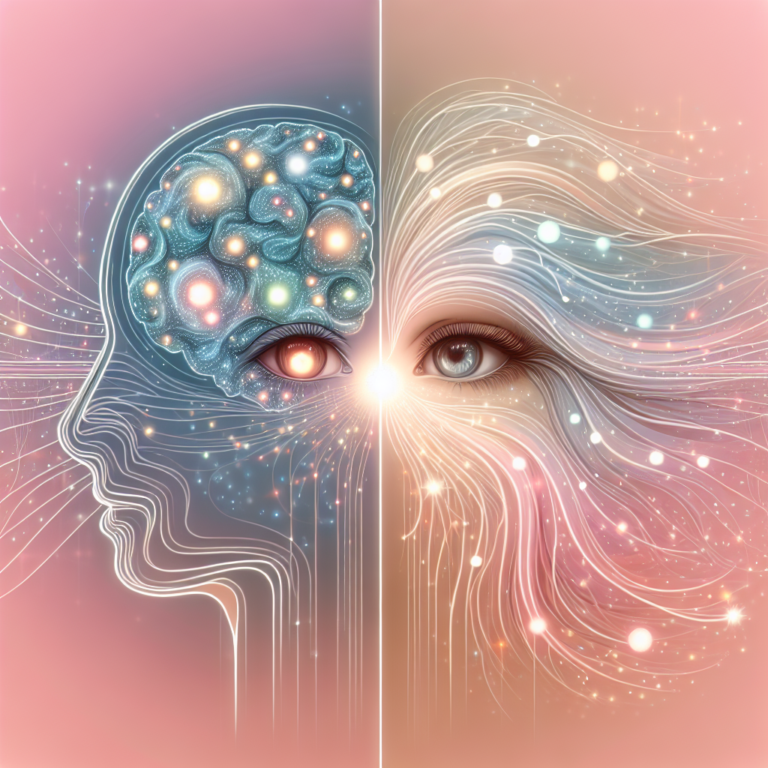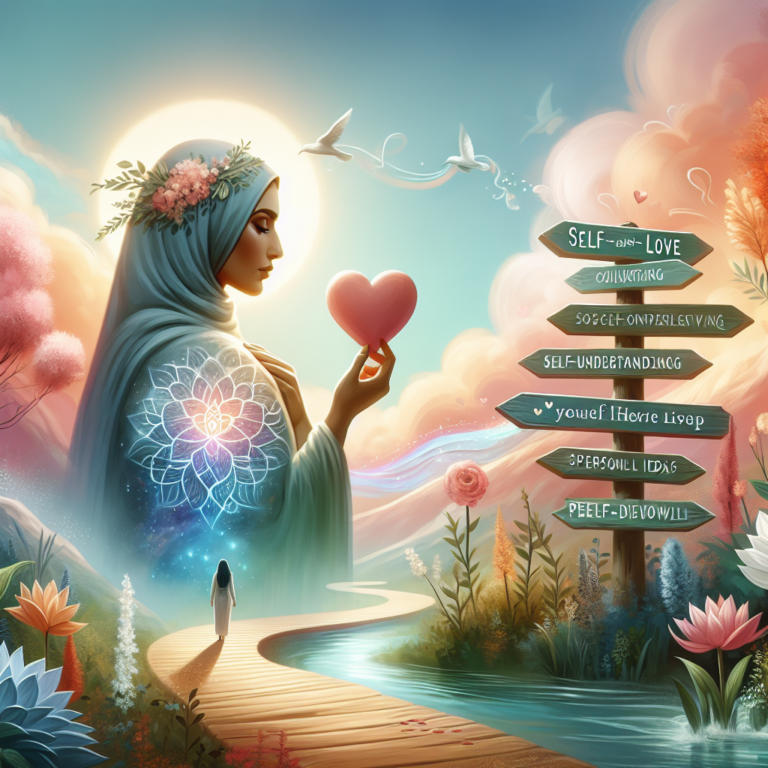
Introduction
Jealousy—an emotion that can feel as familiar as the back of our hand and yet as foreign as a distant star. It lurks in the corners of our relationships, often where love, friendship, and professional ambition meet. Why we get jealous: the science behind envy and human emotion reveals not just an emotion, but a complex tapestry woven with threads of evolution, psychology, and social dynamics. Understanding this emotion is not just an academic exercise but can equip us with tools to foster healthier relationships and a more fulfilled life.
As we delve into the depths of jealousy, we’ll explore its evolutionary origins, psychological dimensions, and how it manifests in our daily lives. This exploration promises not just to illuminate the why, but also to inspire action—transforming jealousy from a negative force into a catalyst for personal growth.
The Evolutionary Roots of Jealousy
The Survival Instinct
The question of why we get jealous can be traced back to our evolutionary roots. Jealousy is thought to be an adaptive mechanism that evolved to protect relationships and resources. From an evolutionary perspective, our ancestors lived in environments where the competition for mates, food, and social status was fierce.
Case Study: Jealousy in Monogamous Relationships
A study by researchers at the University of California revealed that men and women experience jealousy differently. Men often exhibit jealousy over sexual infidelity, while women tend to focus on emotional infidelity. This difference suggests that men are biologically driven to protect reproductive opportunities, while women protect emotional bonds—both vital for ensuring the survival of their offspring.
This evolutionary perspective highlights how jealousy was essential in maintaining social hierarchies and ensuring reproductive success.
The Social Dynamics of Jealousy
As human societies developed, the nature of jealousy evolved, but its essence remained—the protection of valuable relationships. In contemporary society, jealousy manifests in various social dynamics, from romantic triangles to workplace rivalries.
Chart: Jealousy Manifestation Across Social Contexts
| Context | Male Jealousy Focus | Female Jealousy Focus |
|---|---|---|
| Romantic Relationships | Sexual fidelity | Emotional connection |
| Workplace | Recognition & status | Collaboration & support |
| Friendships | Loyalty & trust | Emotional intimacy |
This chart highlights how jealousy is not a one-size-fits-all emotion; it adapts based on the social circumstances we find ourselves in.
Psychological Insights into Jealousy
Understanding why we get jealous also involves exploring the psychological facets of this emotion. Jealousy is often a cocktail of envy, insecurity, betrayal, and fear, a potent mix that can lead to both destructive and transformative outcomes.
The Role of Insecurity
Insecurity is a significant contributor to feelings of jealousy. When individuals feel inadequate, comparison to others can incite jealousy. This is particularly evident in scenarios where self-esteem is tied to achievements, looks, or relationships.
Case Study: The Social Media Effect
Numerous studies have shown that heavy social media users experience heightened feelings of jealousy. A 2017 study published in Cyberpsychology, Behavior, and Social Networking found that individuals who frequently compare themselves to others on social media platforms are more likely to experience jealousy. The constant bombardment of curated lifestyles can exacerbate feelings of inadequacy, making individuals feel like they aren’t measuring up to their peers.
The Fear of Loss
Another psychological aspect of jealousy is the fear of losing something or someone valuable. This fear can create a sense of urgency, prompting individuals to take action—sometimes irrational or harmful— to prevent loss.
Case Study: Jealousy in Romantic Relationships
Research from the Journal of Personality and Social Psychology found that individuals who experience high levels of jealousy often report lower satisfaction in their relationships. This emotional turmoil can lead to behaviors intended to verify loyalty, even resulting in accusations and mistrust.
The question of why we get jealous often intersects with the deep-seated human fear of abandonment, reminding us that love and fear are two sides of the same coin.
The Impact of Jealousy on Relationships
Jealousy can act as a double-edged sword within relationships. While it can signal the importance of a bond, unchecked jealousy can lead to destructive patterns.
Positive Aspects of Jealousy
Interestingly, jealousy can also serve a positive function. It can motivate individuals to communicate better, increase commitment, and beef up relationship boundaries.
Case Study: The Healthy Expression of Jealousy
In a study from The Journal of Social and Personal Relationships, partners who expressed their feelings of jealousy constructively found that it led to more open communication. Instead of letting jealousy fester as resentment, these couples learned to appreciate each other’s concerns, building a stronger alliance.
Negative Consequences of Jealousy
Conversely, jealousy can spiral into possessiveness, manipulation, and emotional abuse. When one partner’s feelings become obsessive, it erodes trust and intimacy.
Chart: Outcomes of Jealousy in Relationships
| Outcome | Positive | Negative |
|---|---|---|
| Communication | Opens up dialogue | Leads to arguments |
| Trust | Strengthens bonds | Breeds suspicion |
| Commitment | Reinforces loyalty | Causes fear and distance |
As seen in the chart, while jealousy can sometimes fortify relationships, if left unchecked, it can damage them beyond repair.
Jealousy and Personal Growth
Understanding jealousy doesn’t merely stop at recognition; it opens up avenues for personal development. Rather than allowing jealousy to dictate our actions, we can channel these feelings into self-improvement.
Shift from Jealousy to Self-Awareness
Acknowledging jealousy can serve as a mirror reflecting our own desires and insecurities. Instead of succumbing to negative feelings, we can ask ourselves critical questions:
- What does this feeling say about my self-worth?
- How can I address the root cause of my jealousy constructively?
- What lessons can I learn from this experience?
Case Study: Journaling for Reflection
A study published in Psychological Science found that journaling about feelings of jealousy can lead to healthier emotional processing. Participants who wrote about their emotions were better equipped to identify triggers and develop coping strategies.
Setting Goals and Redirecting Energy
Instead of allowing jealousy to linger, individuals can strategically redirect this energy towards personal goals. Setting clear objectives—be it working on fitness, skill acquisition, or professional development—helps transform jealousy into a motivating force.
Case Study: Successful Platform Shift
A 2020 initiative from a nonprofit organization aimed at empowering women to turn their jealousy into mentorship showed promising results. Participants were encouraged to build networks rather than compete, ultimately increasing their satisfaction and professional success.
Conclusion: Transforming Jealousy into Empowerment
Why we get jealous: The science behind envy and human emotion reminds us that jealousy, while a natural instinct, can serve both constructive and destructive purposes. By understanding its roots, acknowledging our feelings, and using them as a catalyst for growth, we can navigate the emotional landscape of our lives more effectively.
Jealousy need not define us; it can instead serve as a stepping stone to greater self-awareness and healthier relationships. As we internalize these insights, let us choose to strive for personal growth and emotionally fulfilling connections, transforming jealousy into a powerful motivator for positive change.
FAQs
Why do I feel jealous even when I trust my partner?
Trust issues can stem from personal insecurities, previous relationships, or patterns from childhood. Addressing the root cause of your feelings through open communication can help.
Can jealousy be a sign of love?
Indeed, a moderate level of jealousy can indicate care and commitment; however, excessive jealousy often signals deeper emotional issues that need to be addressed.
How can I manage feelings of jealousy?
Journaling, open communication with loved ones, and developing self-awareness are effective strategies. Learning to recognize triggers is essential for healthier emotional regulation.
Is jealousy purely negative?
Not at all. While it can lead to destructive patterns, jealousy can also motivate positive changes and enhance awareness of personal needs and relationship dynamics.
How does social media influence jealousy?
Social media can exacerbate feelings of jealousy by encouraging unrealistic comparisons. Limiting exposure and cultivating self-esteem outside social platforms can be beneficial.
Through understanding the depth of our emotions, particularly jealousy, we find pathways toward deeper connections and self-awareness. The science behind this complex emotion teaches us much about our shared human experience and our capacity for growth.

















